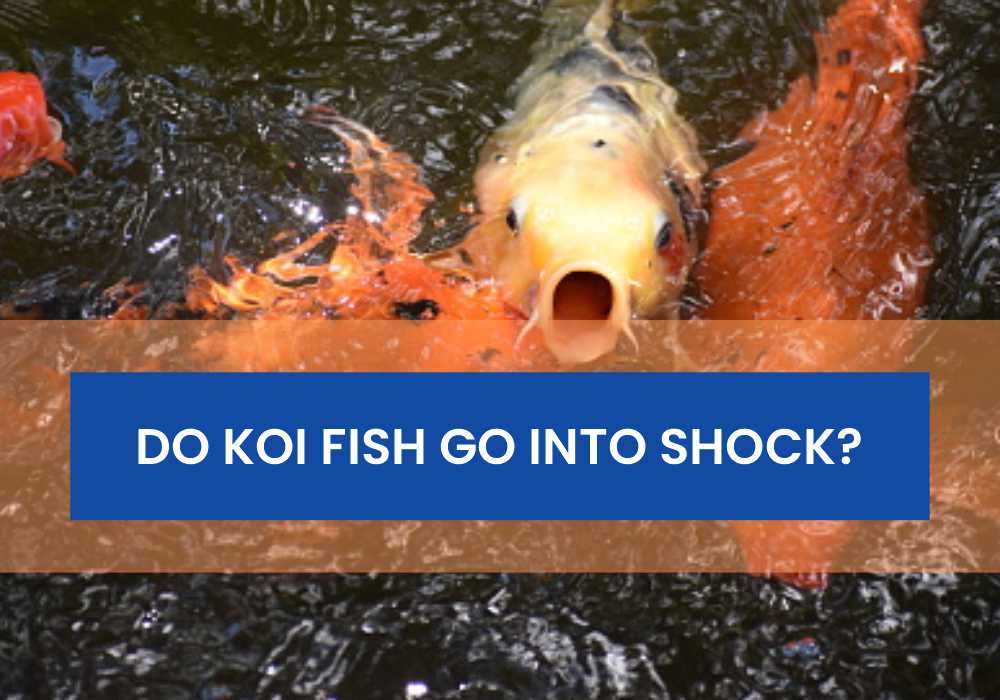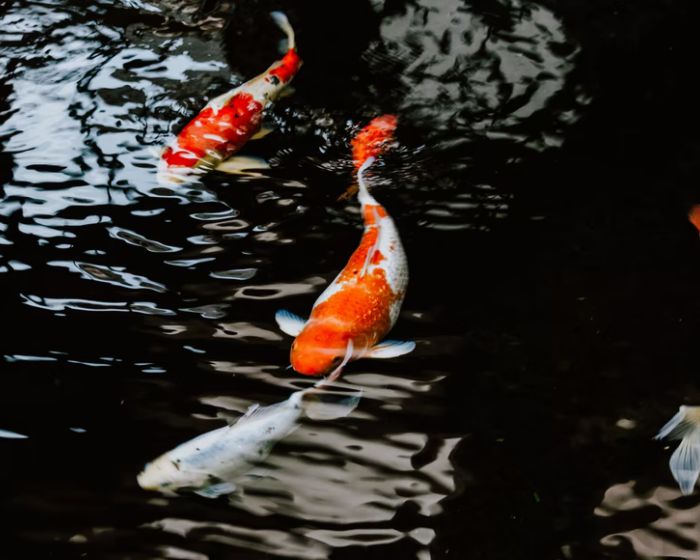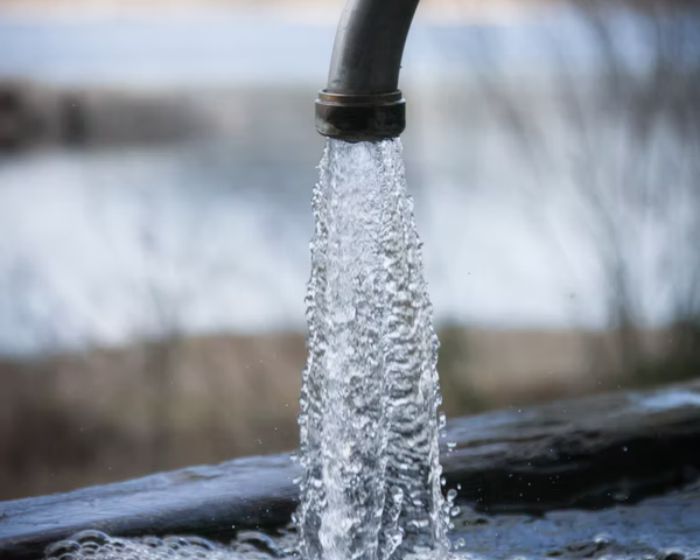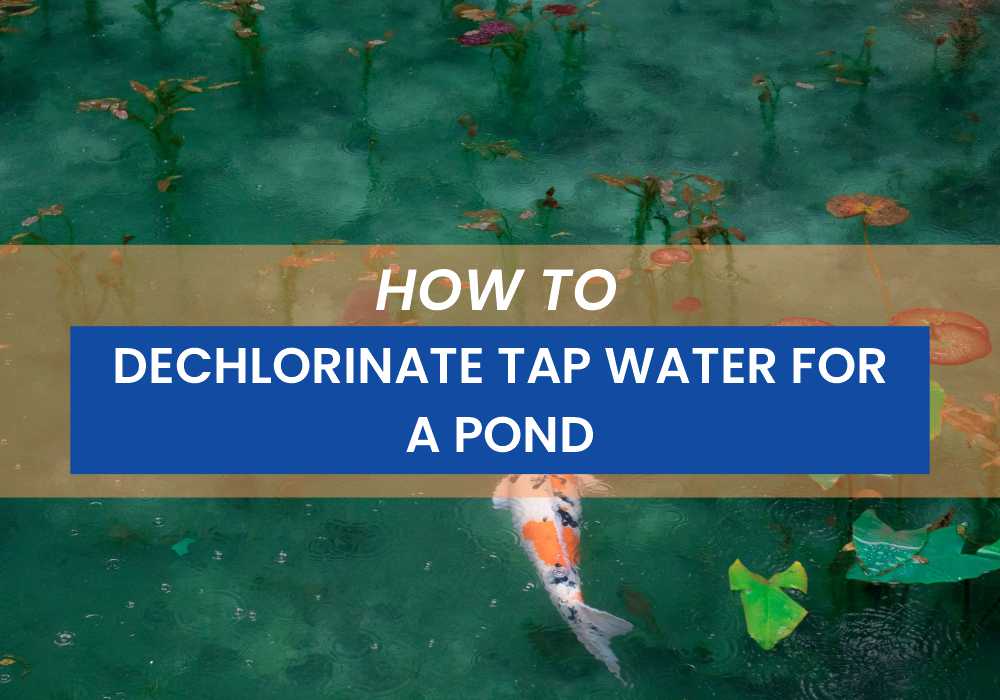As an Affiliate, We may earn a commission that doesn't cost you extra from qualifying purchases using links in this post. It helps keeps this blog running.
Koi are a popular fish for aquariums and ponds, they are known for their bright colors and ornate patterns. While koi are hardy fish what happens when they get too cold? Can koi fish go into shock?
Koi, also known as the Japanese carp, is a popular koi variety that has become common in America as well as other countries. The koi is often regarded as a symbol of luck and fortune which can be attributed to its ability to adapt to various water temperatures.
In this blog post, we’ll explore the answer to that question and more. Keep reading to learn more about koi fishes’ temperature preferences and how to keep them healthy during the winter months
Do koi fish go into shock?
Yes, Koi fishes can go into shock if they experience a drastic change in temperature it will result in the koi going into shock and possible death. While koi fish can adapt to various water temperatures they are unable to adjust instantly to changes in water temperature.
Koi fishes prefer colder waters, typically between 60-68 degrees Fahrenheit (15 to 20 Celsius). Koi fish are able to thrive in warmer climates but only if the change is gradual; sudden massive changes in water temperature can result in koi fish going into shock
How can you tell if a Koi fish is in shock?
Koi fish is a pretty strong cold-blooded fish and if you want to know if your Koi is in shock watch out for their display of some of the following symptoms:
- Flashing or twitching and swimming frantically without going anywhere, is an important sign of koi fish in shock.
- Continuously crashing at the bottom of their tank
- Rubbing themselves on the pond or aquarium gravel and rocks
- Locking their fins at their side.
- Refusing to eat
What does a fish in shock look like?
If a koi fish is experiencing shock, they may appear cold and shiver uncontrollably, stay at the bottom of the tank or pond, lay on their side, have their mouth open, have a reduced appetite, and show hyperactivity. They may also be seen gasping for air at the water’s surface.
When a koi fish is experiencing shock, they may appear cold and shiver uncontrollably. The poor creature can also stay at the bottom or on its side while laying beside its tank mate for protection from what is happening within their environment-the toxins that were released due to negligence on behalf of whoever owned either an aquarium without adequate filtration systems (or too many critters). It would seem like these creatures are gasping For air right next up against where we stand, but really all this gesture means is that the koi in question is saying-help me! I don’t feel well or anything at all like my usual self.
In conclusion, a fish in shock looks like a floating corpse, their mouth open and gasping for air while they stay close to the surface, shiver uncontrollably, and get along with other fish who are also in the same situation.
Can a Koi fish recover from shock?
Yes, Koi fish can recover from shock if they are provided with supportive care, which includes oxygen supplementation.
Fish that have experienced hypoxia (low oxygen levels) are subject to shock shortly after the event, due to their suboptimal gills’ ability to absorb atmospheric gases. This is why koi fish who are wrapped in nets or who come off the pond floor may experience a period of shock. Shocking koi fish can be a result of many factors including both natural and man-made circumstances.
The following provides a list of circumstances that may lead to koi fish experiencing ‘shock’:
1) Changes in water temperature – koi being moved from one pond or aquarium exhibiting different water temperatures.
2) Handling koi fish – When koi fish are caught using nets (which can lead koi fish to experience low oxygen levels), koi fish are often at increased risk of experiencing ‘shock’.
3) Water quality – koi experiencing changes in pH, dissolved salts, and carbon dioxide concentrations (High pH is not as harmful as low, and koi can regularly handle pH changes of up to 1 point per month).
4) Pollution – koi coming into contact with chemicals e.g. fertilizers, koi becoming trapped in drains and water features containing pollutants such as motor oil or heavy metals.
5) Parasites – koi experiencing infestations of parasites such as flukes or anchor worms.
6) Abnormal meteorological conditions – Coming into contact with water bodies containing pesticides
7) Exposure to extreme Cold – When Koi is being exposed to cold temperature for prolonged periods of time.
8) Old Age – Koi that are approaching the end of their lives may experience problems with their health.
How do I save my koi from shock?
Wondering what you can do if your koi is already in shock? The best way to save a koi fish in shock is by getting it out of the water and into a warm environment immediately. If you see that your koi have gone into shock or have been in shock for an extended period of time, the best thing to do is get it out of the water and into a warm environment. This could be a bathtub or sink if you have to make an emergency trip to your home, but ideally, the koi will be in an outside pond where it can be gradually be brought back to normal temperature. Make sure that the water is clean enough for koi.
Outlined below are other things you could do to save your koi fish from shock:
- Increase Filteration and Aeration: You should immediately increase filtration and aeration of the water while also adding a dechlorinating agent to remove any chlorine or chloramines from the water.
- Provide Additional Oxygen: You may need to provide oxygen depending on how bad the condition is. If the fish’s gills are not getting enough oxygen, you may need to supply them with an air pump or bubble wand.
- Change the Koi Fish Pond Water: Try to change the water immediately if the fish is in shock due to a chemical reaction from something toxic being added to its environment.
- Do Not Feed The Koi Fish Immediately: You should not feed the fish food because this will only do harm to their digestive tract. Do not give them medicine orally as they cannot swallow properly nor can they tell you how much they should be taking.

I’m Akin Bouchard. Even though I now own several different fish species, I first became a koi pond owner because I loved these creatures and wanted to turn my passion into something more serious. I take pride in my collection of koi fish and love sharing my knowledge with others interested in these beautiful creatures.
A Comprehensive Guide to Training Your Fish to Perform Amazing Tricks Feats




